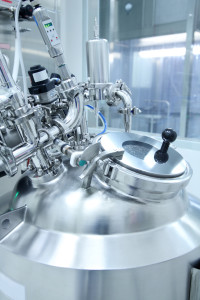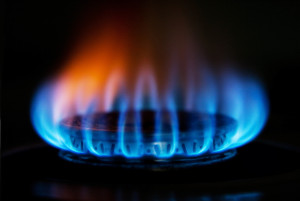
Gas Chromatography (GC) Services
Common GC testing provided by Cornerstone Analytical
Residual solvents are organic molecules that remain in a product after the manufacturing process. Many of the solvents are of concern because of the risk they present to humans.
Phthalate Analysis Resources: Phthalates (phthalate esters) are plasticizers added to improve the properties of a plastic.
Tentatively Identified Compounds (TIC) by GCMS is an analysis intended to identify the components of an unknown mixture.


